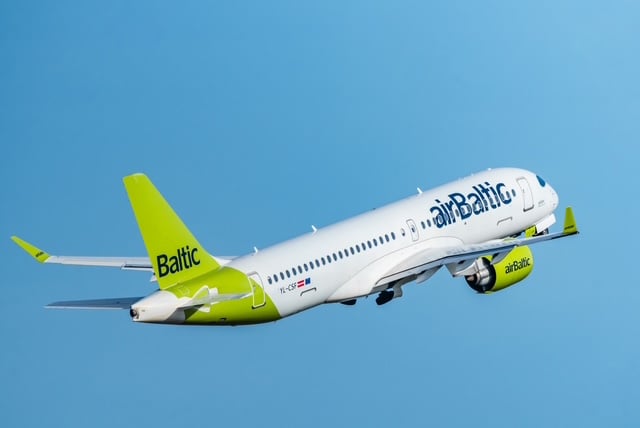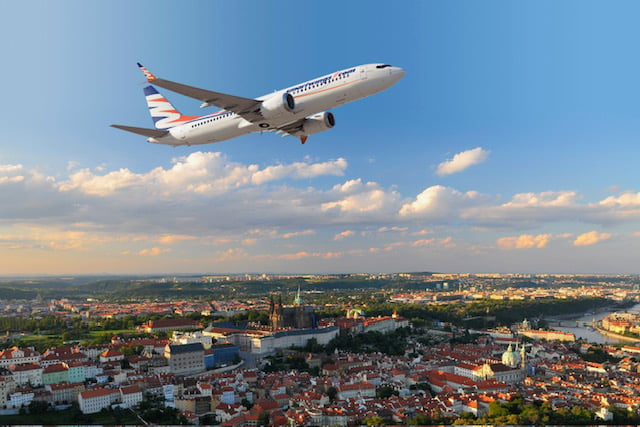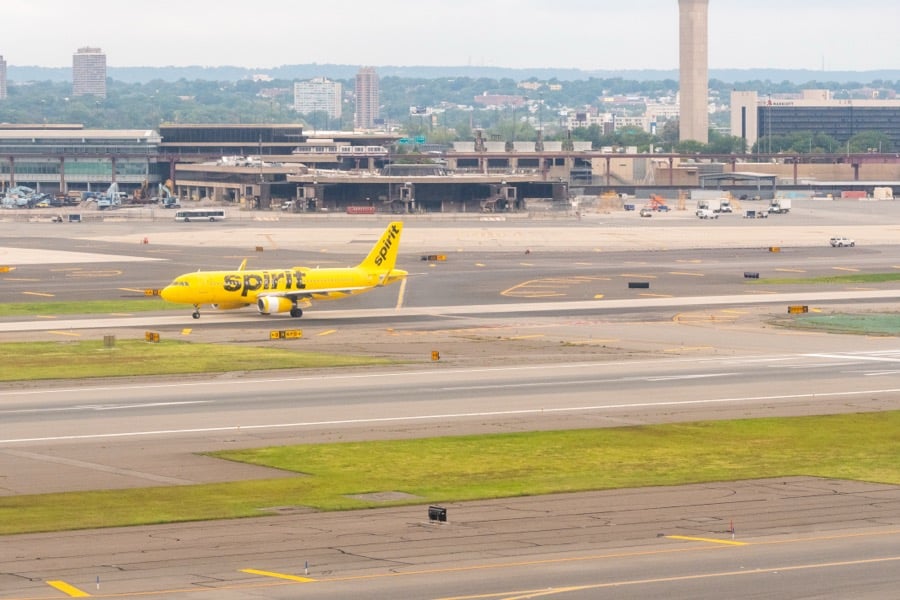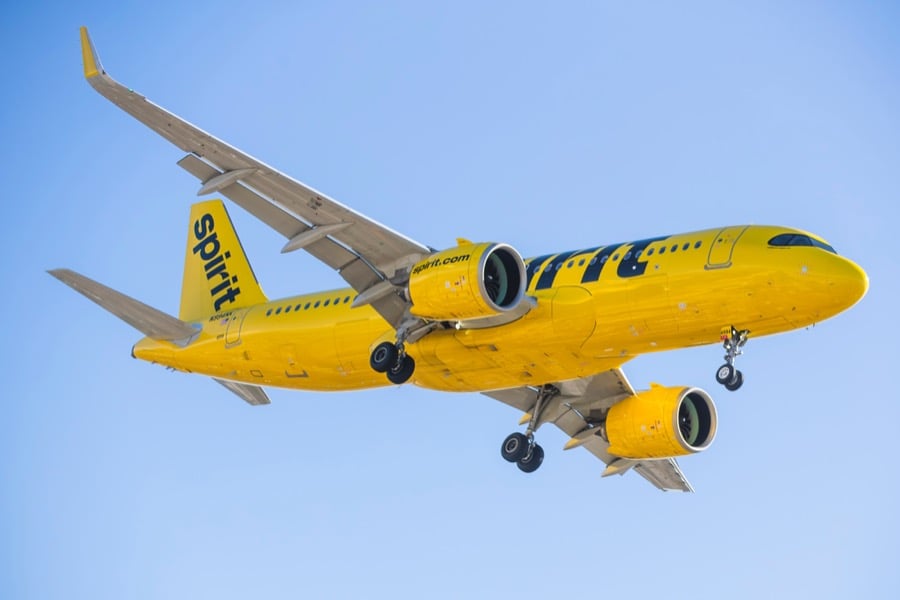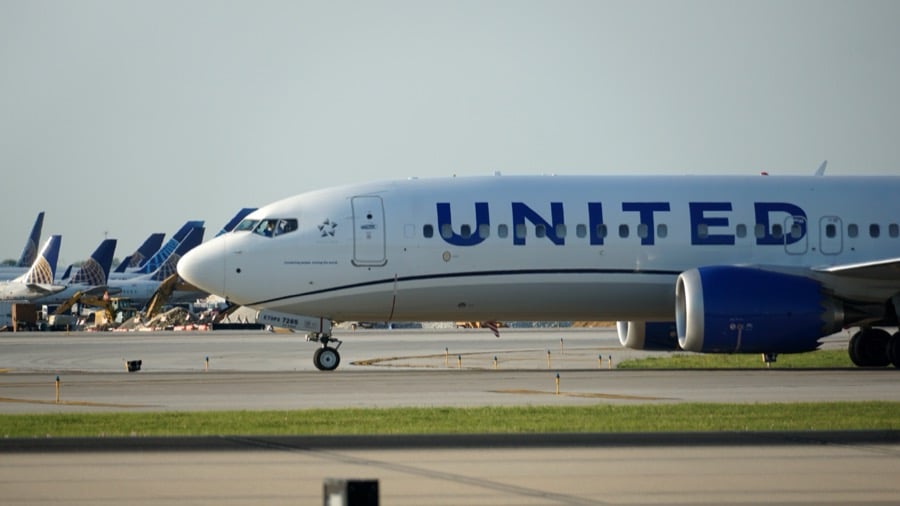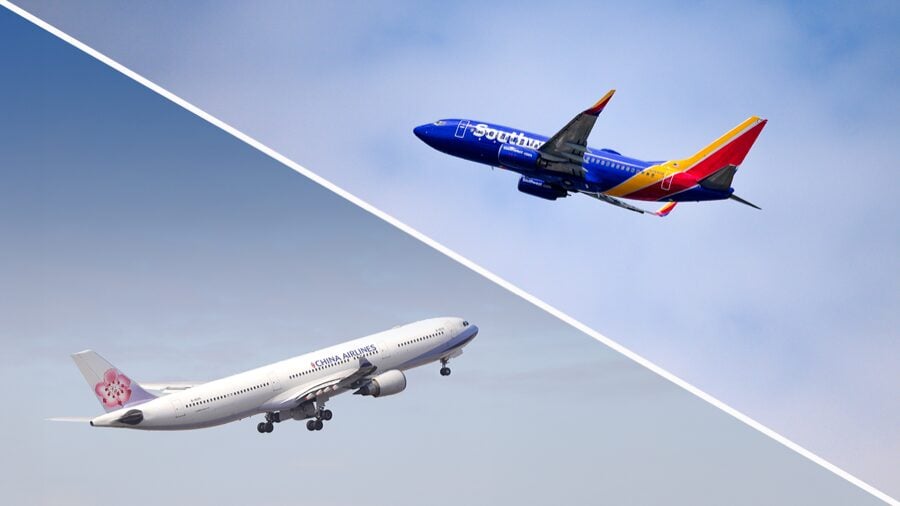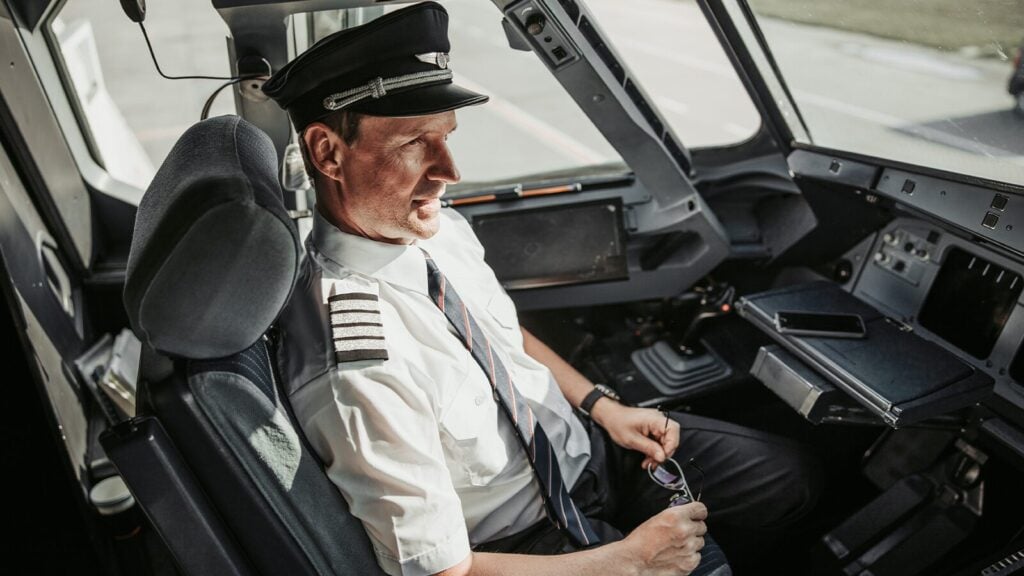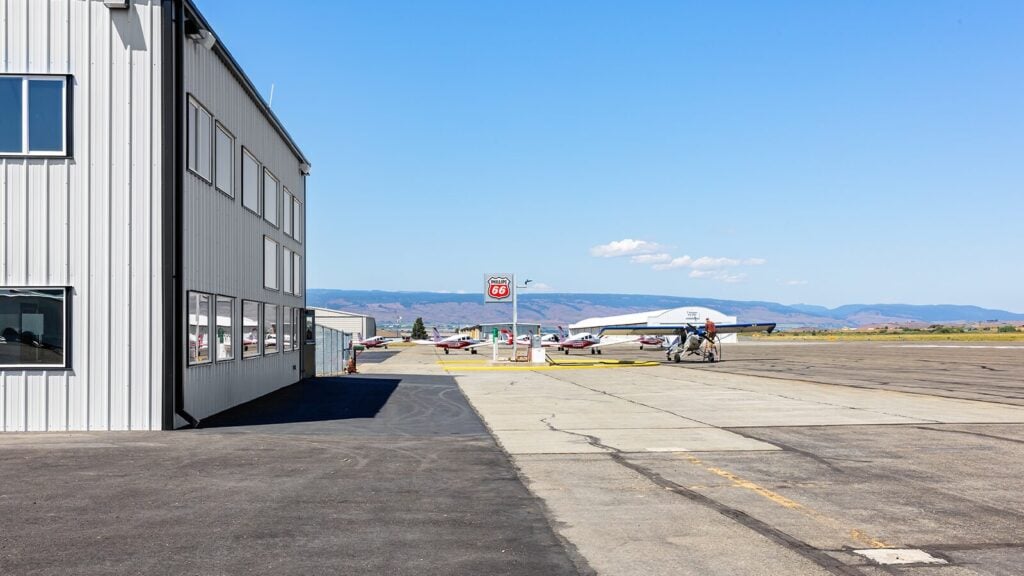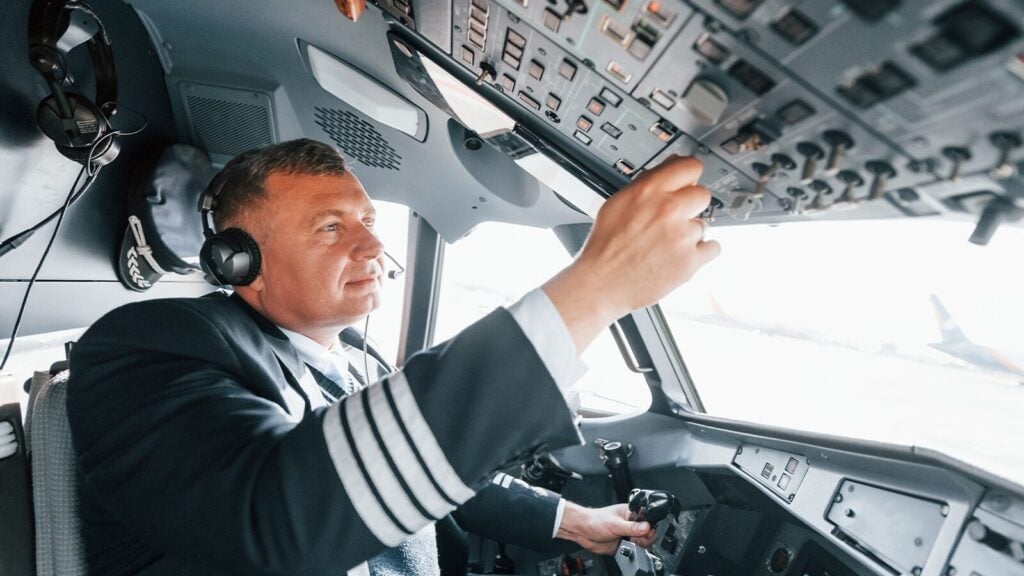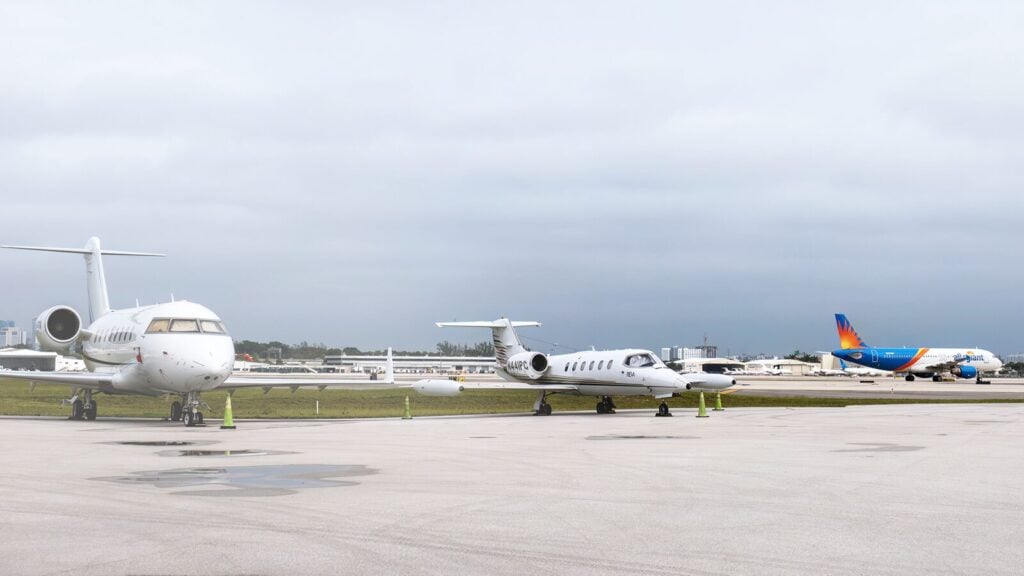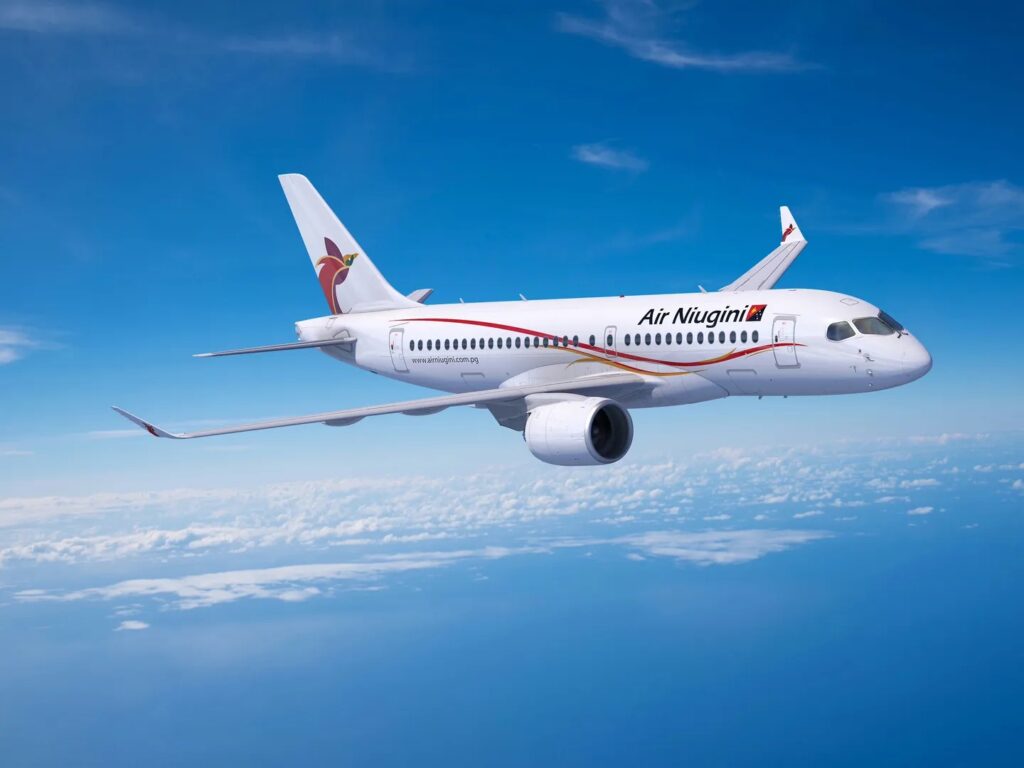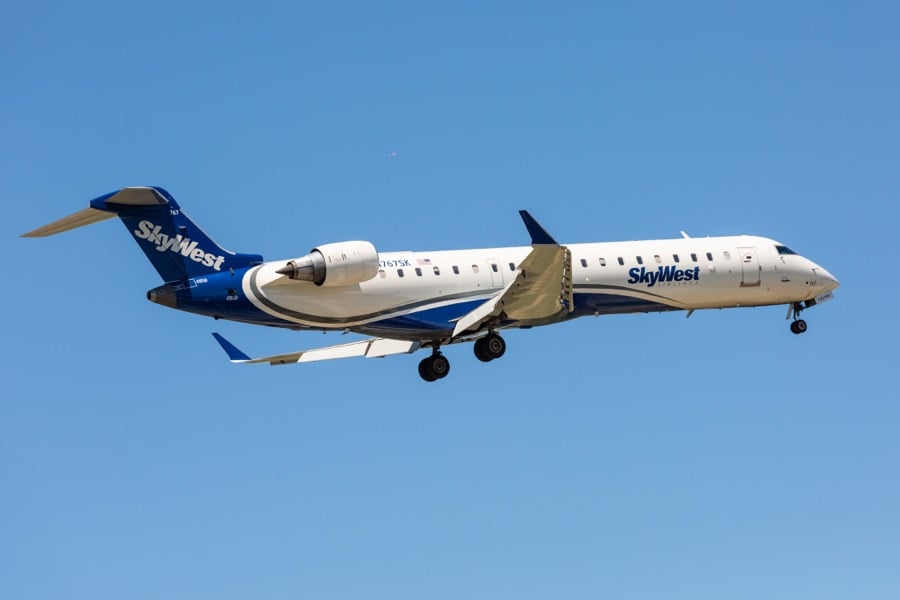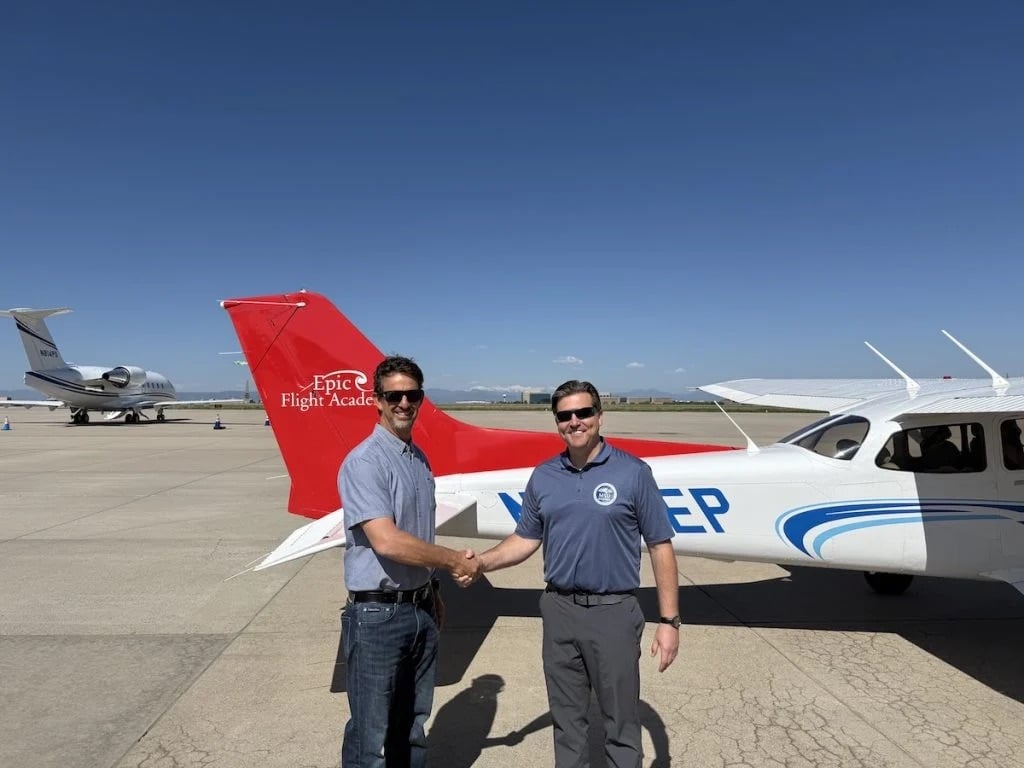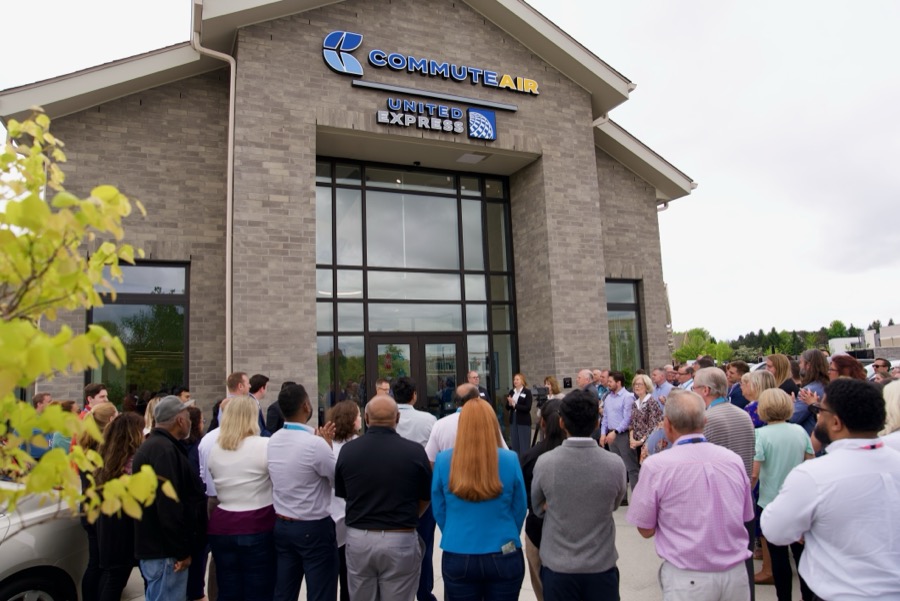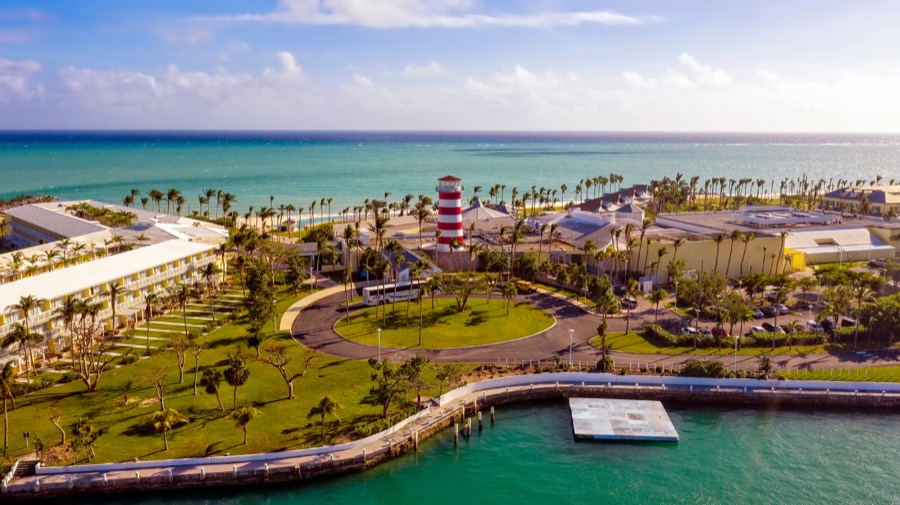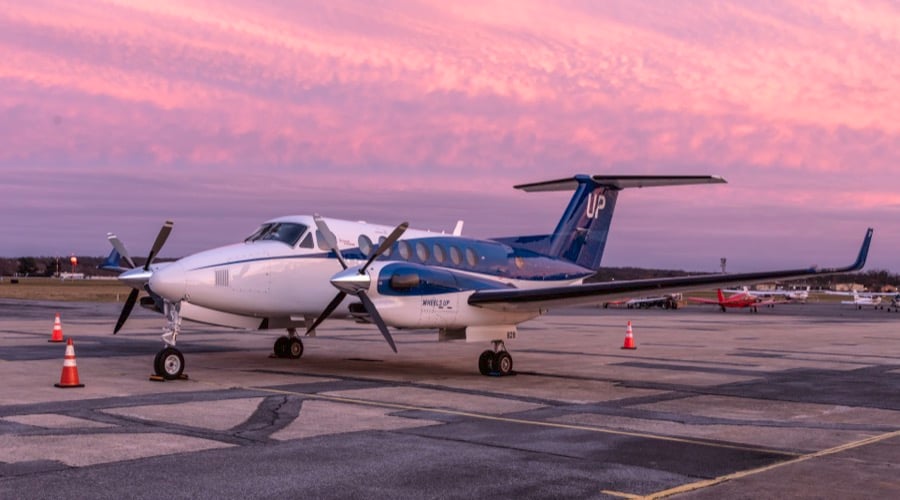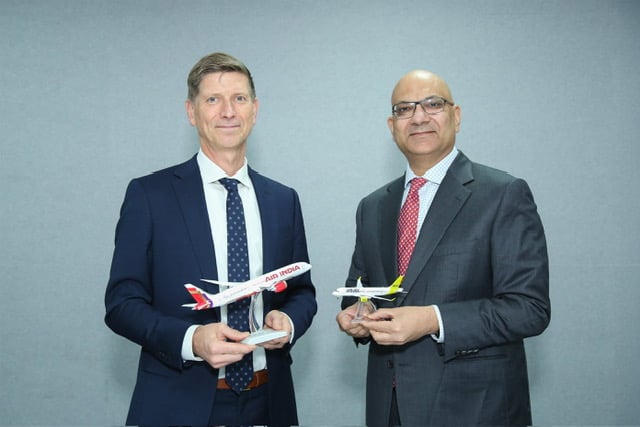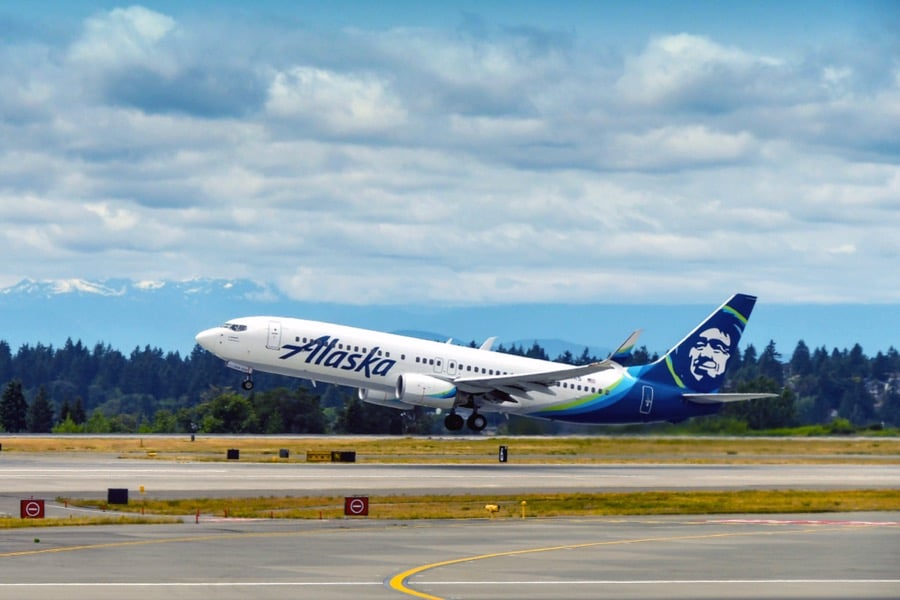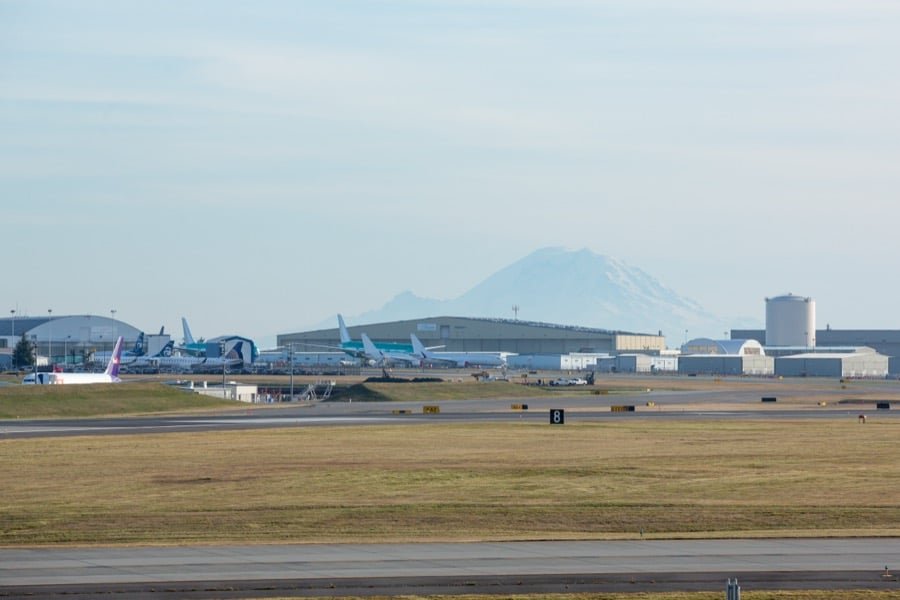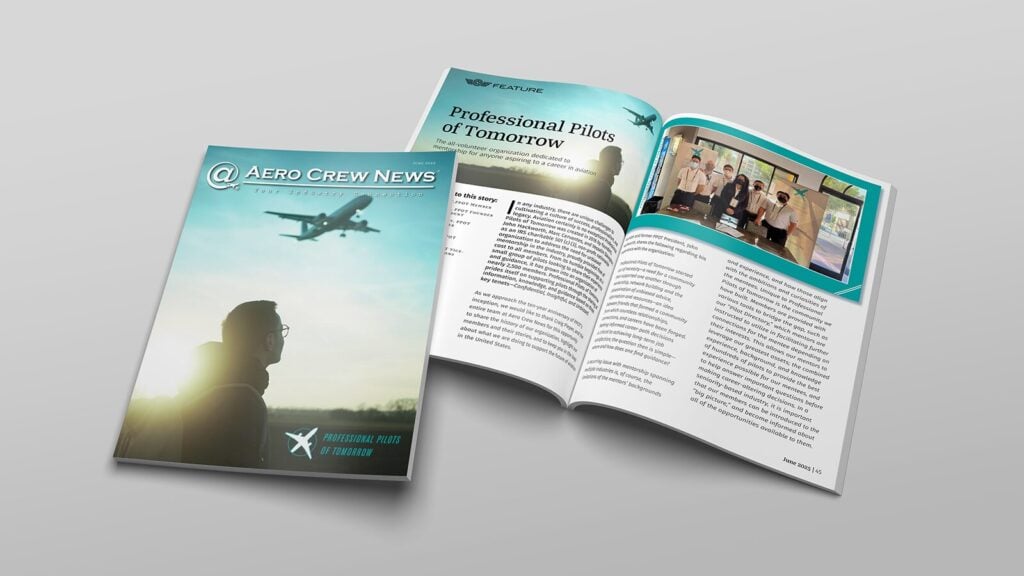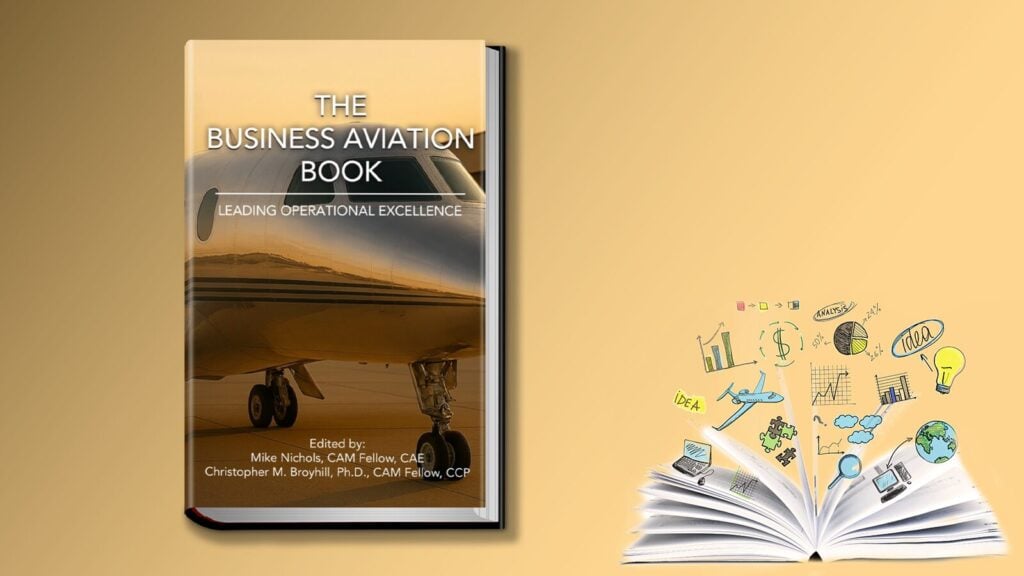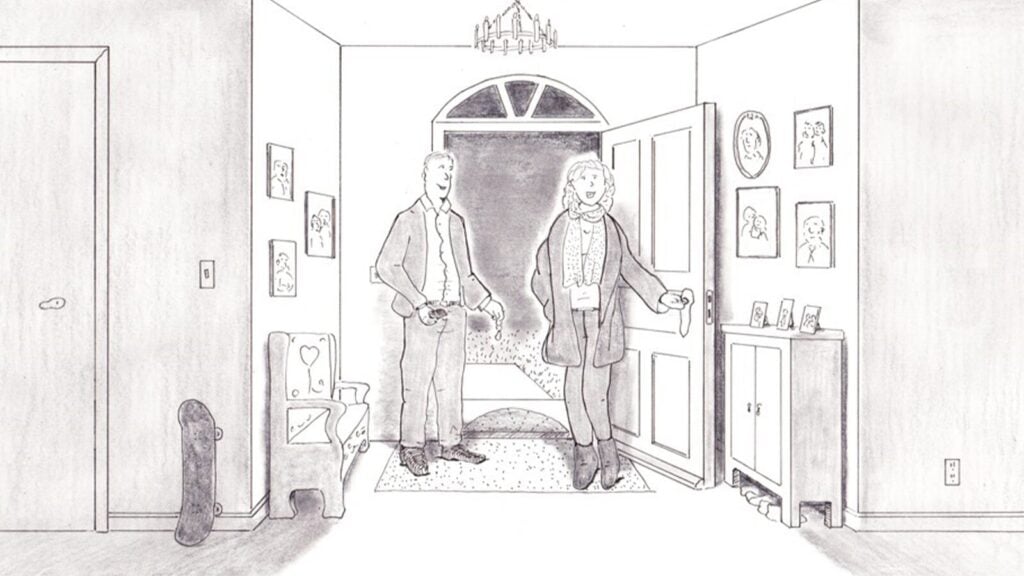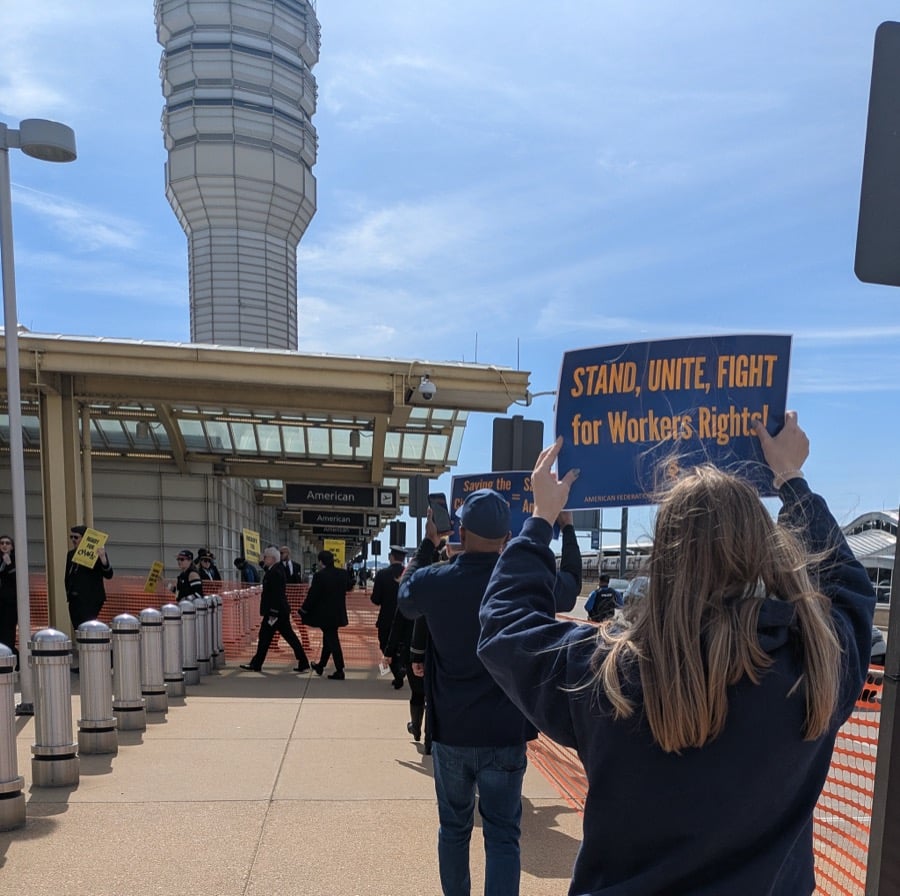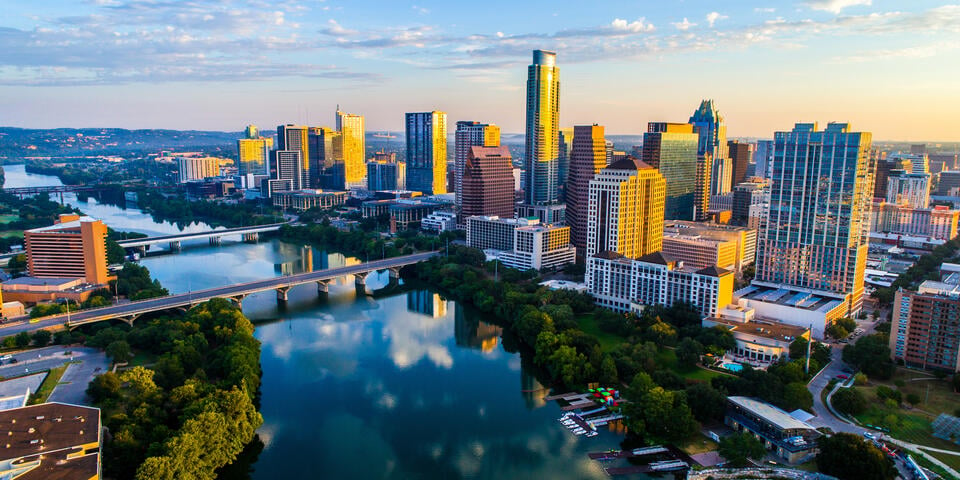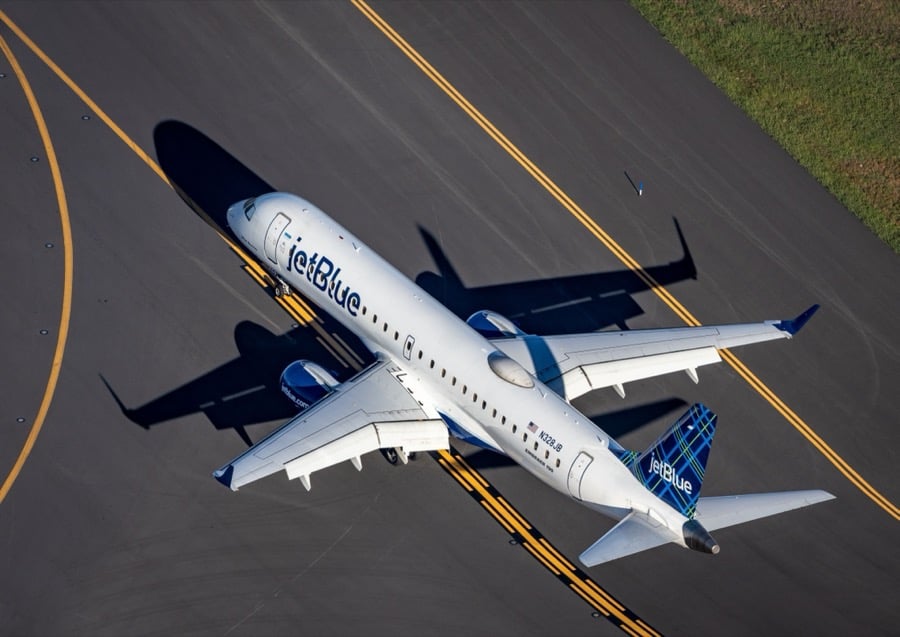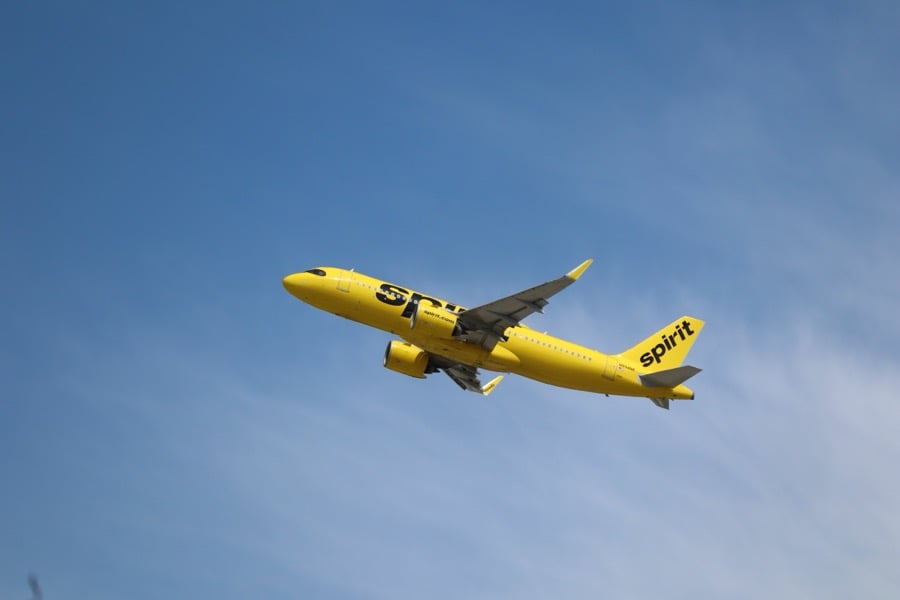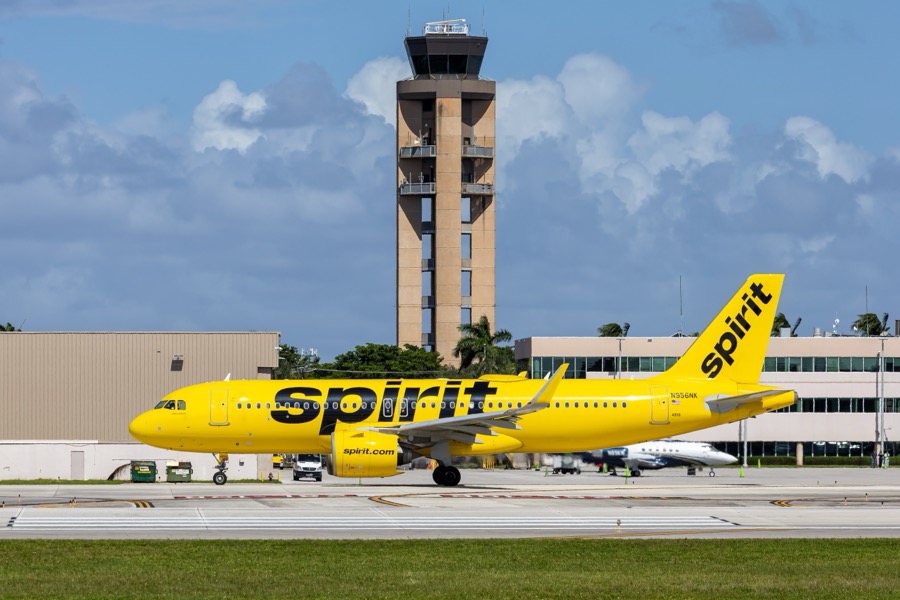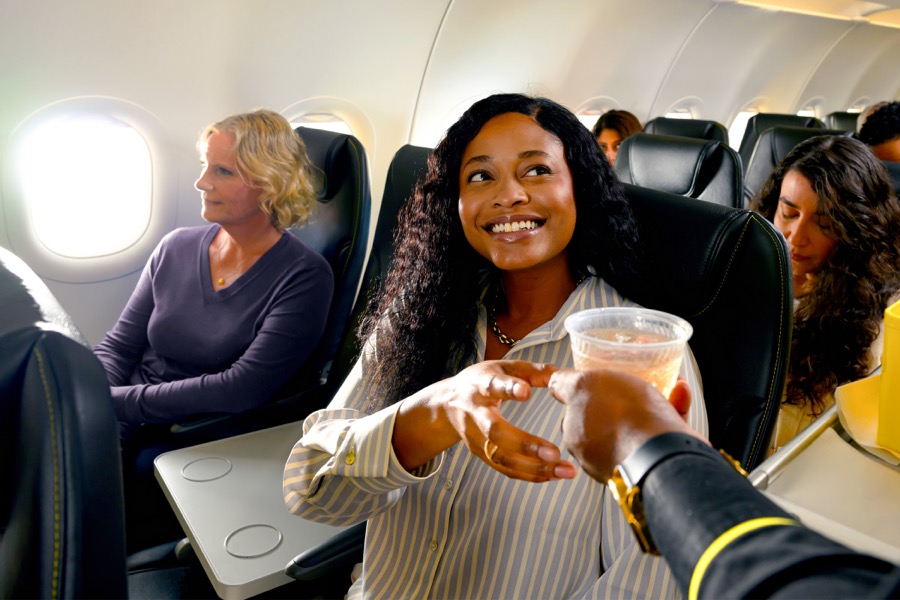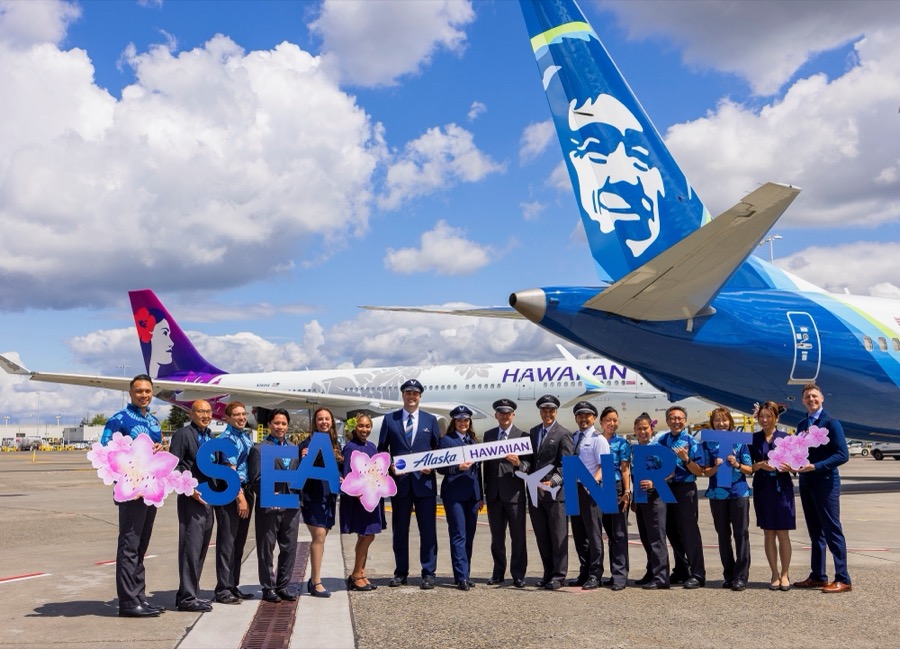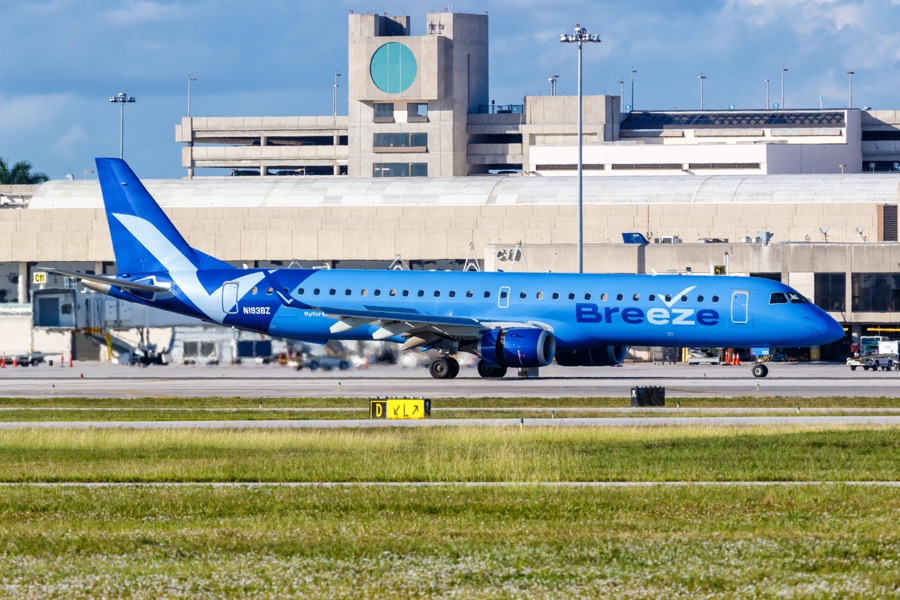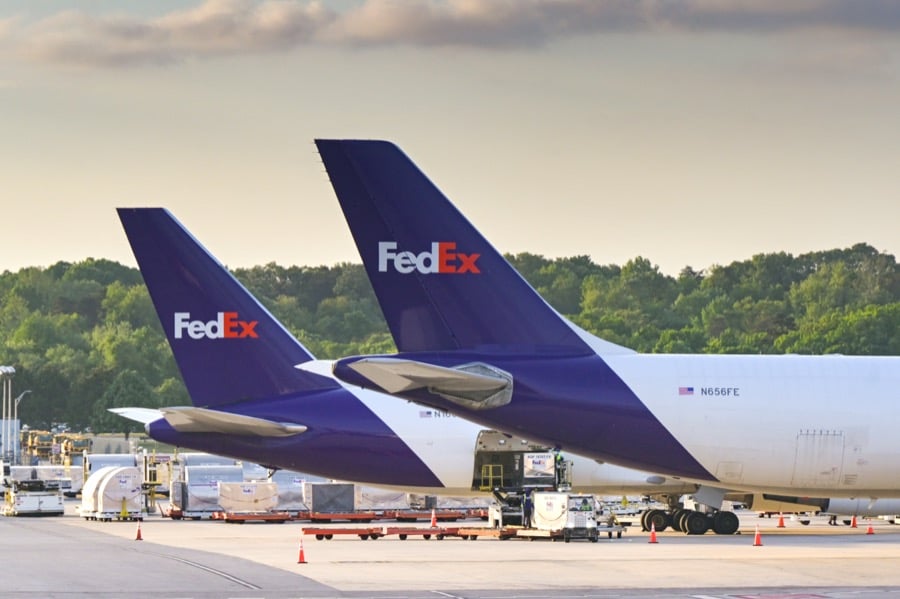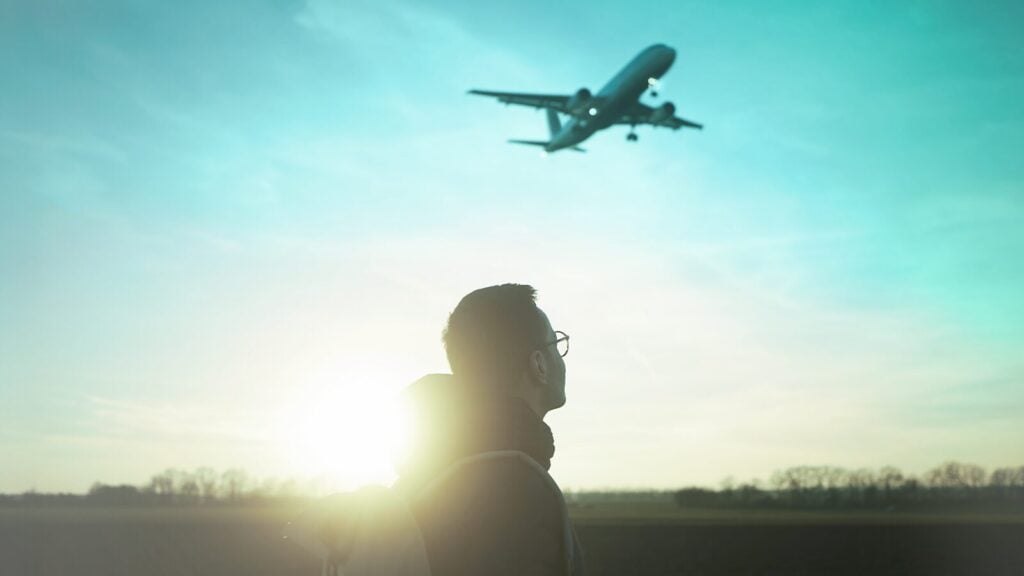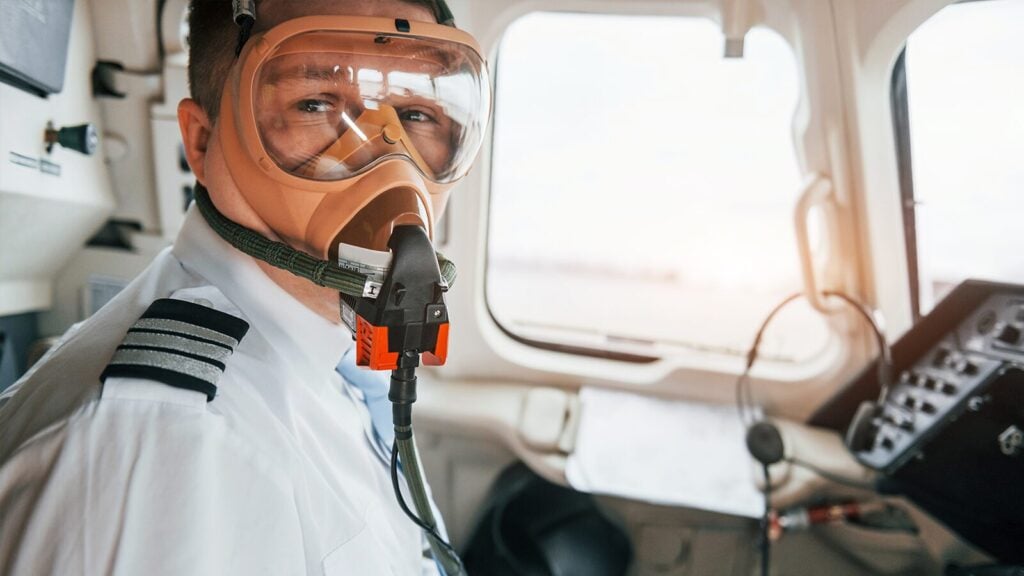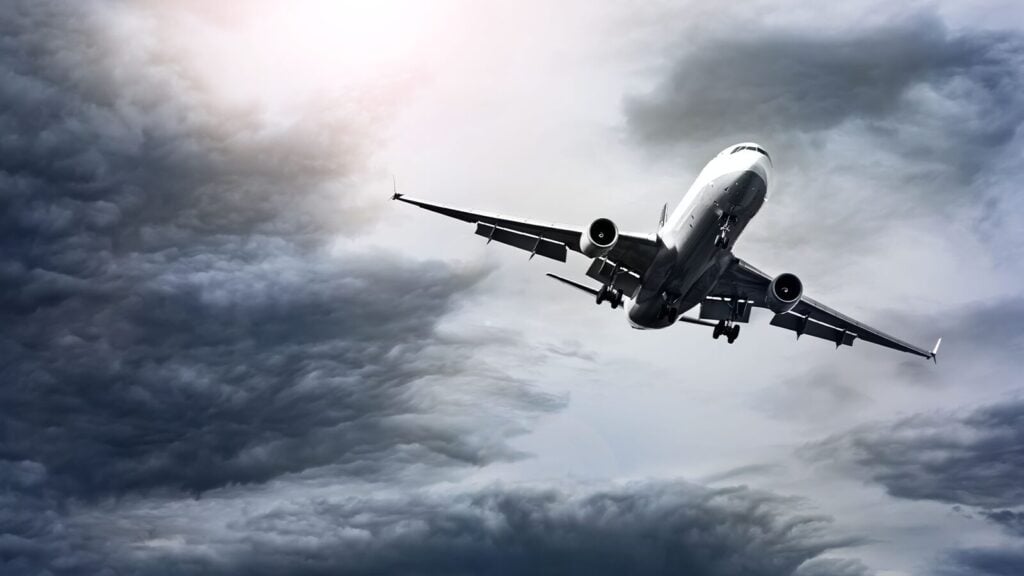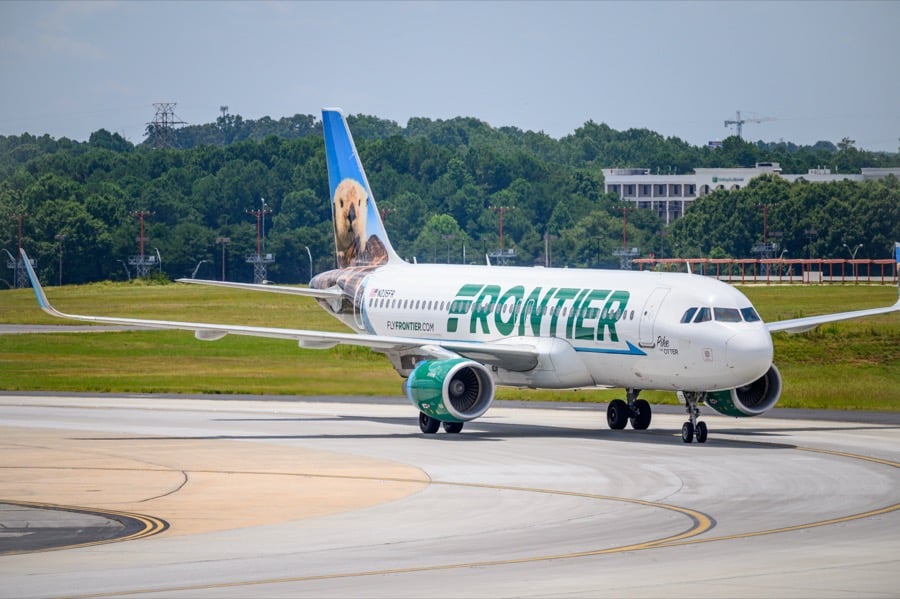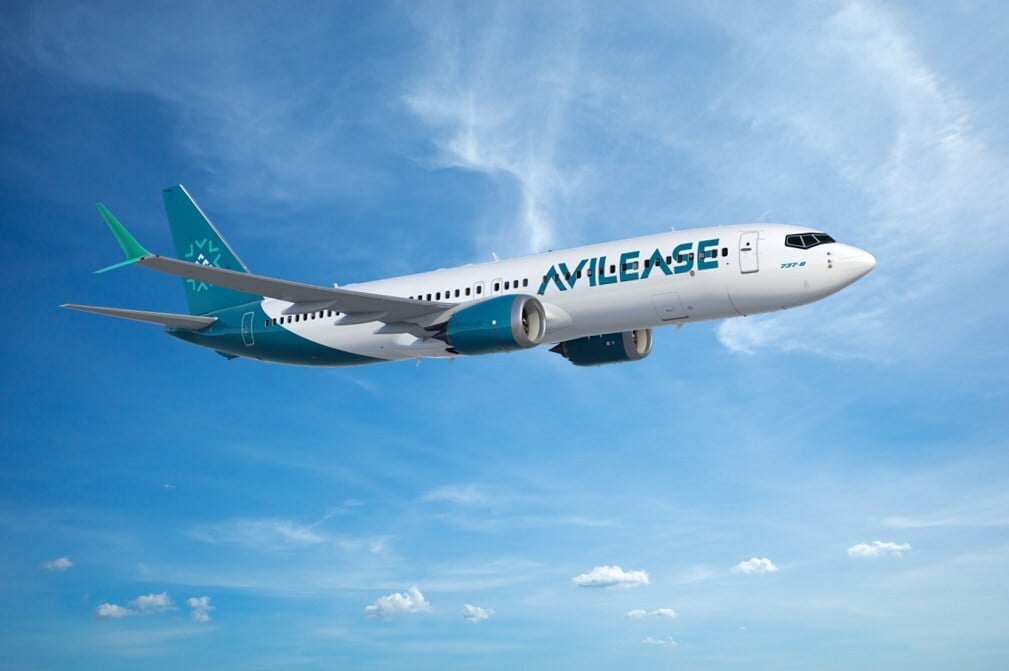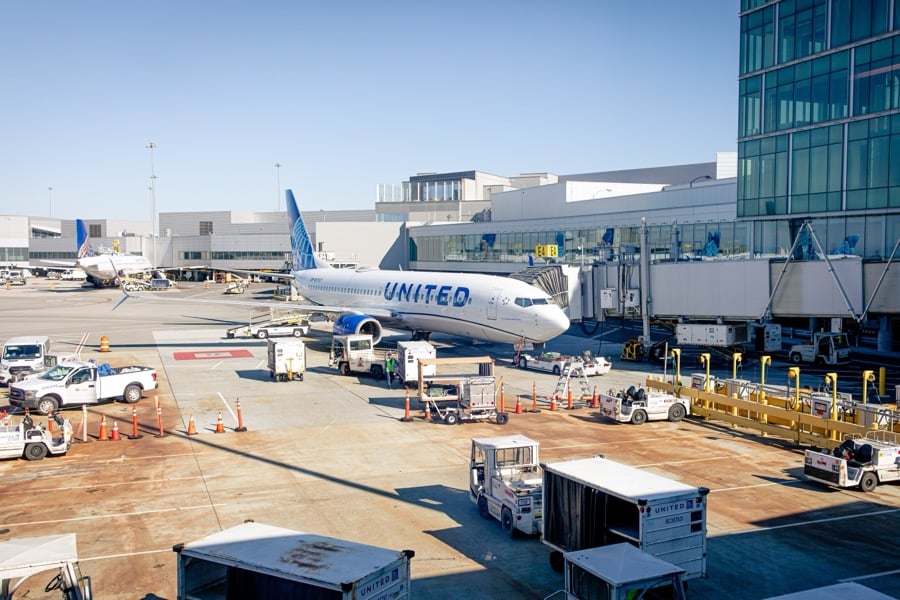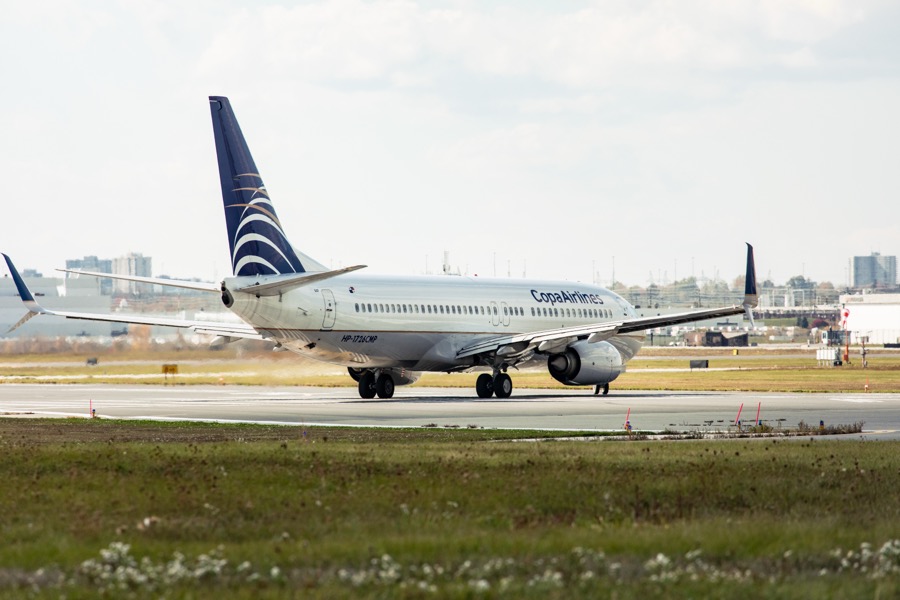
On day in February 2024, I was a healthy, 27-year-old captain flying a Phenom 300 for a fractional operator. The next day, I found myself calling in sick and have not been able to fly since. This unexpected turn of events is one of the greatest fears a pilot has. Many pilots, especially younger ones, do not anticipate facing medical issues at such an early stage in their careers. I had always assumed that serious medical concerns would be something to face in my 40s or 50s. That hazardous attitude hit me hard and fast: it did happen to me!
How Did I Prepare?
Although I never expected to lose my medical certificate, I had made some preparations just in case.
Emergency Savings Fund:
- Six-Month Emergency Fund: I had established an emergency savings fund to cover six months of living expenses. This fund has been crucial in preventing me from taking on expensive debt. Since it typically takes time for disability benefits to begin, it is vital to have enough money to cover expenses.
How to Build It: A general rule of thumb is to save 3 to 6 months of living expenses. For pilots, who may face furloughs, medical issues, or company bankruptcies, it is wise to consider having up to 12 months or even more to deal with these pilot job-related issues.
Long-Term Disability (LTD) Insurance:
- Additional LTD Coverage: I opted for additional LTD coverage offered by my benefits package. LTD provides a source of income if you're unable to work due to illness or injury, typically after short-term disability benefits expire. The buy-up allowed me to go from 40% of my salary to 60%.
How It Works: LTD benefits typically begin after a waiting period (usually equal to the duration of short-term disability benefits) and can provide long-term coverage for months or even years if you are unable to return to work due to a disability. At my fractional company this is separate from pilot loss of medical/license insurance. Please check what your benefits cover at your airline. Let me know if you need help investigating, even simulating what it might look like if you encountered a disability situation like mine.
Loss of Medical (License) Insurance: At my fractional, loss of medical/license was separate from disability. This only took effect if disability did not cover me. One example of this would be a prescription medication that would prevent me from flying, but not from working a regular job. My LTD covered me for up to 60% thanks to the buy-up offered, however Loss of Medical (License) insurance would have only covered 40% of my salary.
What Could I Have Done Better?
Even though I took some proactive steps, there were a few areas where I could have better prepared.
Anticipating Medical Expenses:
- Extra Costs for Medical Procedures: What I did not anticipate were the additional medical expenses. When planning your emergency fund, it’s important to factor in your healthcare plan’s deductible. I unexpectedly had to pay several thousand dollars out of pocket. While pilots often receive great benefits, not everything is covered, and claims can be denied even if your doctor deems a procedure necessary.
Understand the Difference in Insurance Options: It is crucial to review the specifics of your company’s disability and medical plans. These plans can vary significantly, and it is important to know what it covers and how much, so you can have a plan if your health declines.
How You Should Prepare
To protect yourself financially, it’s essential to be proactive about securing disability insurance and medical coverage:
- Disability Buy-Up Options: Explore opportunities to increase your LTD coverage to better match your income and plan for when things go wrong. A standard LTD policy may not be sufficient to replace your entire income, particularly for pilots. Check and see if your LTD policy covers pilot medical related issues.
- Loss of Medical Coverage: Research additional medical-coverage options for pilots. Many companies already provide this, and some offer extra coverage buy-up options. If yours does not, investigate the potential of getting some coverage outside of your job.
- Invest in a Healthy Lifestyle: The food you eat can drastically affect your health. It is very hard to eat healthy as a pilot being on the road all the time and having limited options. Try to find healthy options at restaurants to limit the intake of bad food that can ruin your health over time, and on your days off don’t live on fast food. Working out at the hotel gym is something I did not do often enough. Sometimes it’s hard to get motivated to go to the hotel gym after a long day of flying, but working out and staying active can also drastically improve your health in the long term and keep you flying.
Questions You Should Ask Yourself:
- How much money will I need to cover all my expenses if something happens?
- Do I have adequate disability coverage, and does it cover everything I need?
- What do I need to do now to ensure the gap in disability coverage wouldn’t be a challenge in the worst-case scenario?
- If I become disabled and work a different job, how will that affect my disability?
- For example, some long-term disability policies stop paying out if you exceed a certain percentage of your pre-disability income.
SW-What will I do if I am unable to fly again?
I decided to follow my other passion, finance, and joined Leading Edge Financial Planning. In this role, I assist pilots with managing their finances and work with them to achieve their goals. I also help them create financial security, ensuring they feel confident about their future, even if they lose their medical certificate.
Please don’t hesitate to reach out, if I can help with your situation. My hope is that I can help or even prevent others from going through what I did. Sometimes it’s not something you can control but there are many things that you can and should do to mitigate the potential risk of a disability.
Thank you and fly safe!












